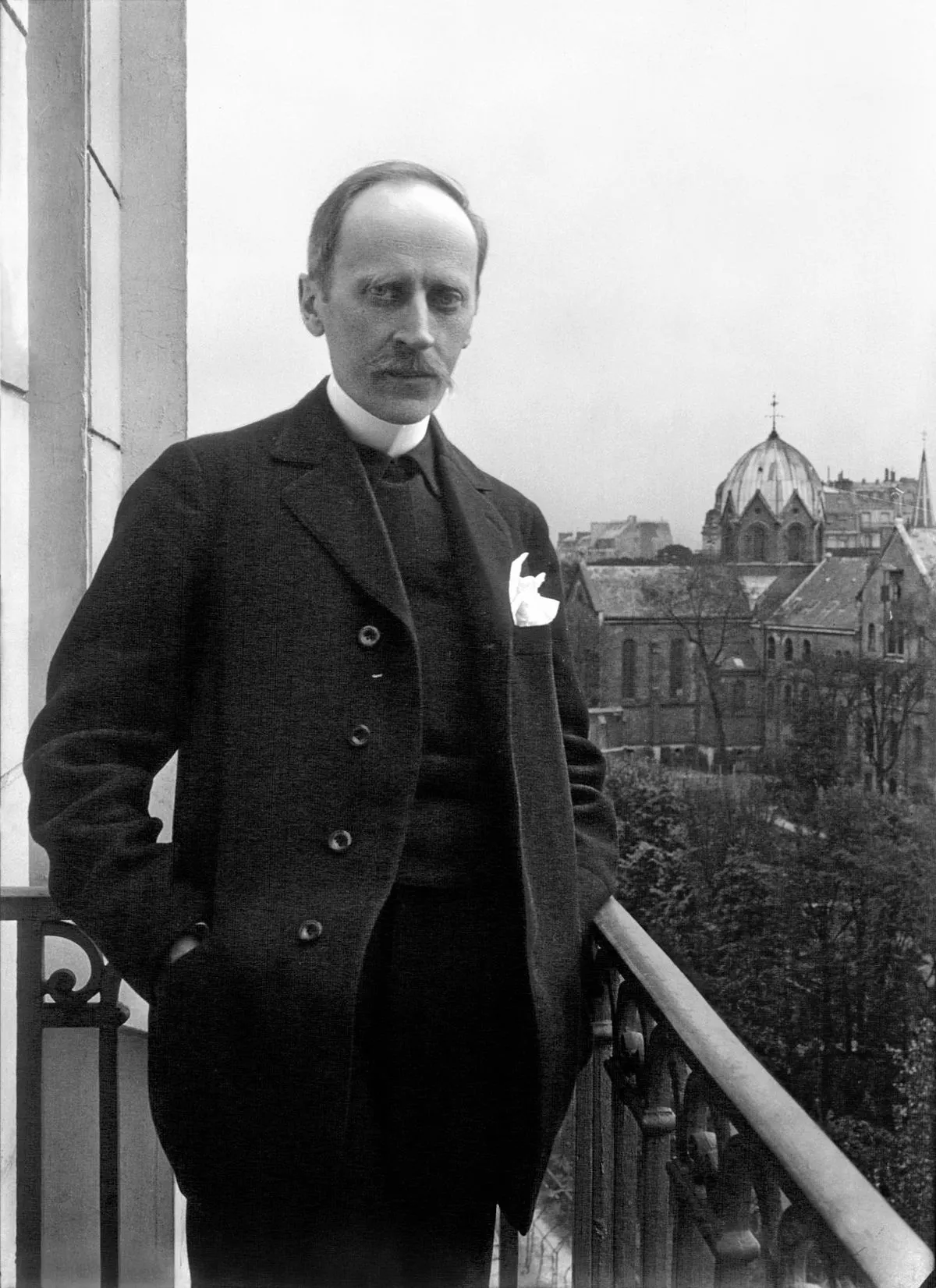 1.
1. Romain Rolland was an admirer of Mahatma Gandhi and Rabindranath Tagore, wrote a still relevant biography of Gandhi, and is noted for his correspondence with numerous writers and thinkers across the globe including Maxim Gorki, Rabindranath Tagore and Sigmund Freud.